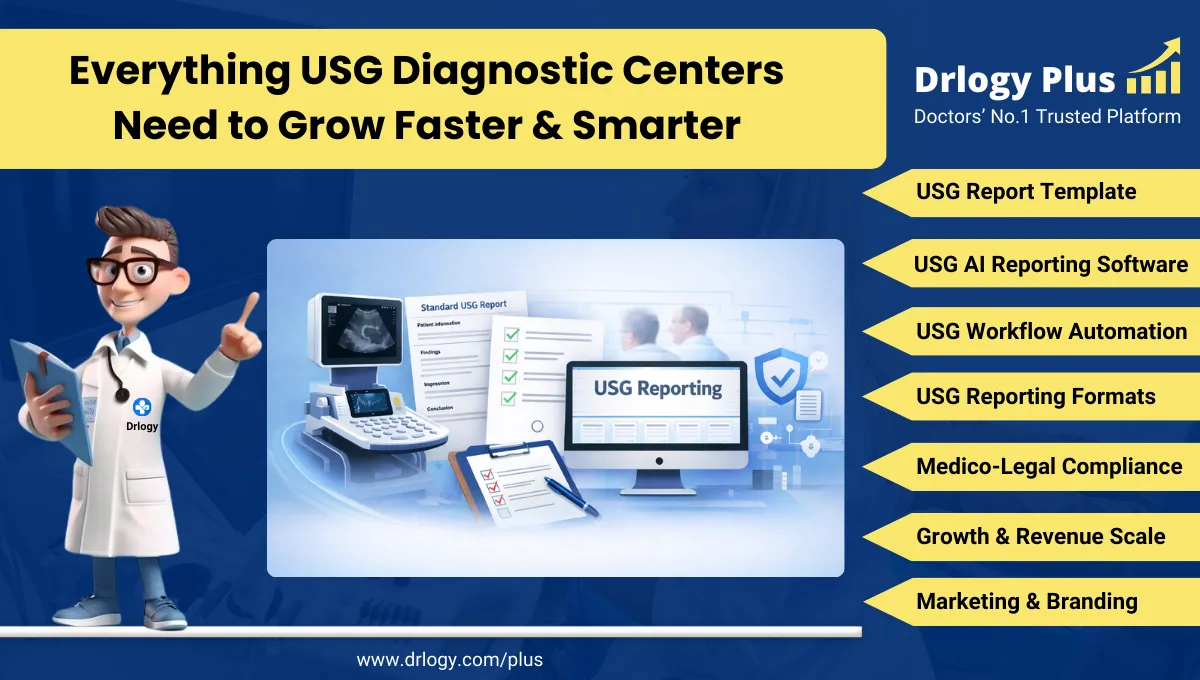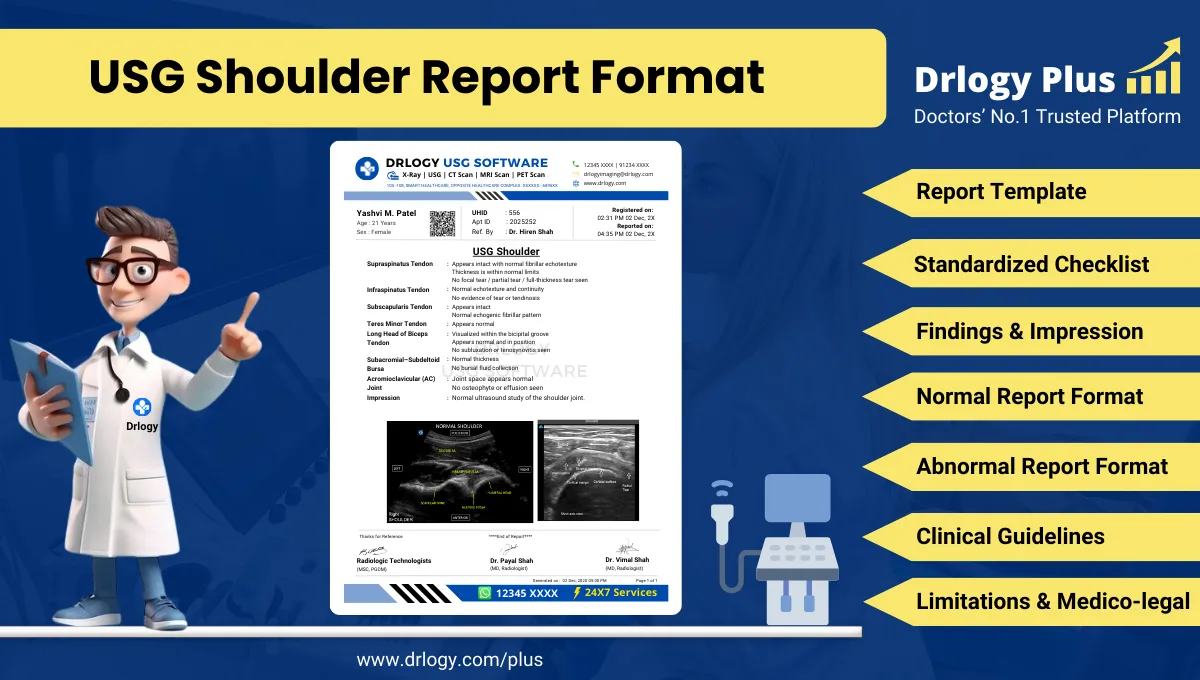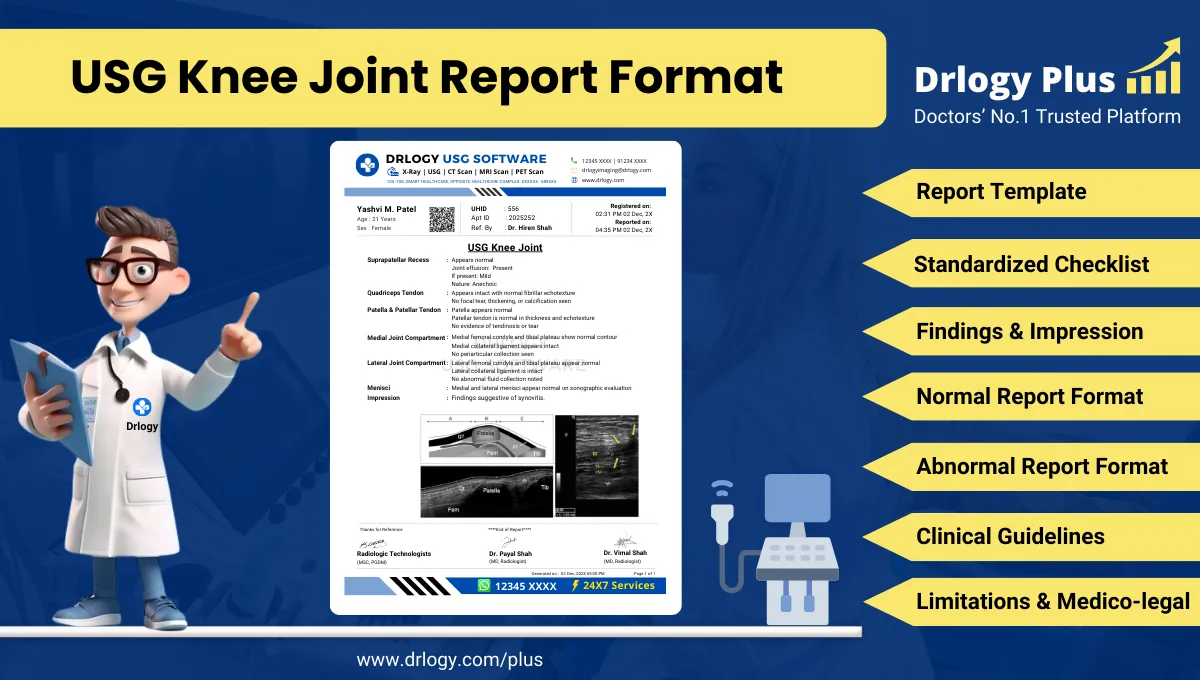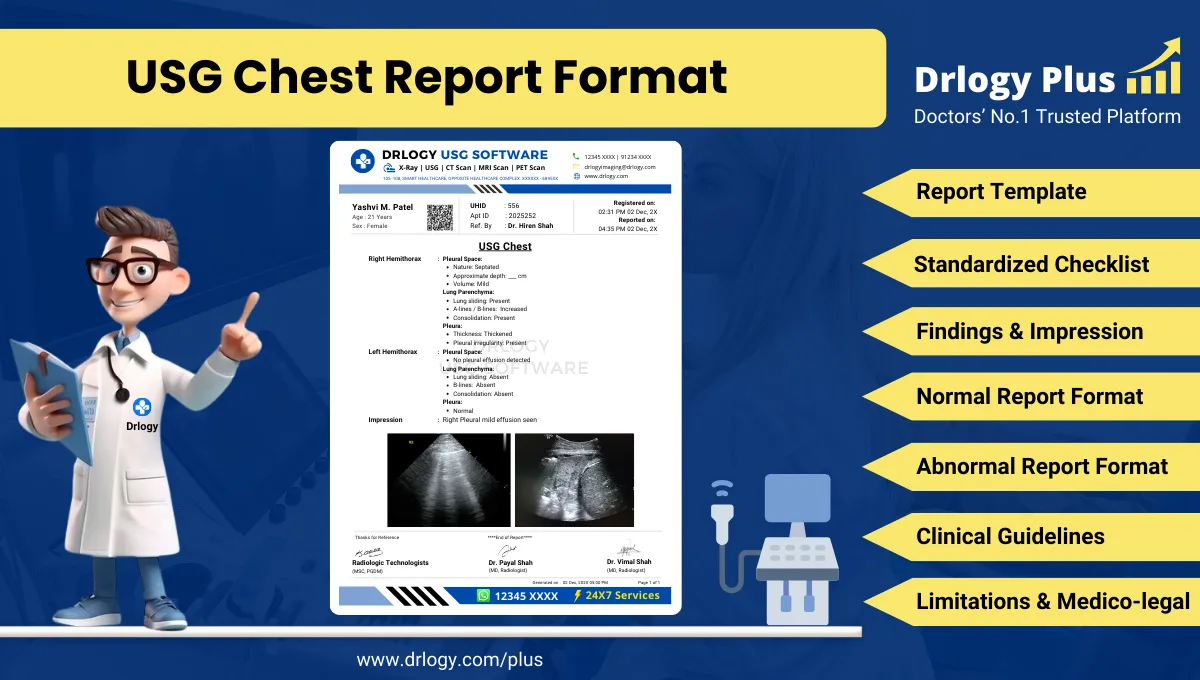

Drlogy
Healthcare organization
Why Medication Feature Must In EMR Software
Robust medication features in EMR software are essential for enhancing patient safety and ensuring accurate medication management.
Check:
Best Hospital Management Software For Electronic Medical Records (EMR)
These features streamline the prescribing process, reduce the risk of errors, and improve medication adherence. By integrating advanced medication capabilities, EMR systems support healthcare providers in delivering high-quality, efficient, and safe patient care.
Check:
10 Best Medication Features for EMR Software
Check 10 Best Medication Features for EMR Software.
1. Comprehensive Medication Database
- Provide access to an extensive database of medications, including brand and generic names.
- Include detailed information on drug indications, dosages, side effects, and contraindications.
- Ensure the database is regularly updated with the latest drug information and new medications.
- Allow healthcare providers to search for medications easily using various filters and keywords.
- Integrate with national drug formularies to ensure coverage and reimbursement information.
2. Medication Reconciliation
- Facilitate the accurate recording of patient medications during transitions of care.
- Enable healthcare providers to compare current medications with new prescriptions.
- Identify and resolve discrepancies in medication lists to prevent errors.
- Provide a clear history of medication changes over time.
- Enhance patient safety by ensuring consistent and accurate medication records.
3. Electronic Prescribing (e-Prescribing)
- Allow providers to send prescriptionsectly to pharmacies electronically.
- Reduce errors associated with handwritten prescriptions through standardized formats.
- Provide real-time drug interaction checks and allergy alerts during prescribing.
- Enable prescription renewals and refills to be processed quickly and efficiently.
- Ensure compliance with regulatory requirements for e-prescribing, including controlled substances.
4. Drug Interaction Alerts
- Automatically check for potential drug-drug interactions when prescribing medications.
- Provide clear and actionable alerts to healthcare providers about possible adverse interactions.
- Include information on the severity of interactions and recommended actions.
- Allow customization of alert settings based on provider preferences.
- Help prevent adverse drug events and enhance patient safety.
5. Dosage Calculators
- Include built-in dosage calculators for accurate medication dosing based on patient-specific parameters such as weight, age, and renal function.
- Provide guidelines and recommendations for dosage adjustments in special populations (e.g., pediatrics, geriatrics).
- Allow healthcare providers to enter patient-specific factors to calculate the appropriate dose.
- Enhance precision in medication prescribing and reduce the risk of dosing errors.
- Support complex dosing regimens and titration schedules.
6. Medication Administration Records (MAR)
- Provide electronic documentation of all medications administered to patients.
- Track administration times, dosages, and routes to ensure adherence to prescribed regimens.
- Enable barcode scanning to verify the correct medication and patient before administration.
- Allow for real-time updates and alerts for missed or delayed doses.
- Improve accountability and accuracy in medication administration.
7. Inventory Management
- Track medication inventory levels in real-time across multiple locations.
- Provide alerts for low stock levels and expired medications to ensure timely restocking.
- Enable automatic reordering based on preset inventory thresholds.
- Integrate with pharmacy systems to synchronize inventory data and streamline management.
- Reduce waste and ensure the availability of necessary medications.
8. Patient Education and Medication Instructions
- Provide detailed medication instructions, including usage, storage, and potential side effects.
- Include patient-friendly educational materials such as videos and pamphlets.
- Allow healthcare providers to customize instructions based on individual patient needs.
- Enable patients to access medication information through the patient portal.
- Improve patient adherence and understanding of their medication regimen.
9. Clinical Decision Support
- Offer real-time clinical decision support tools to guide medication prescribing.
- Include evidence-based recommendations and guidelines for specific conditions.
- Provide alerts for best practices, such as recommended first-line therapies.
- Support decision-making with integrated clinical pathways and treatment protocols.
- Enhance the quality and consistency of care through informed prescribing practices.
10. Reporting and Analytics
- Generate detailed reports on medication usage, prescribing patterns, and patient outcomes.
- Provide insights into medication adherence and efficacy.
- Allow healthcare providers to track trends andentify areas for improvement.
- Support regulatory reporting and compliance with medication management standards.
- Use analytics to optimize medication therapy and improve patient care.
Drlogy EMR Software Features Guide
Here's a full guide for 14 best EMR (Electronic Medical Record) software features for hospitals.
| 1. Appointment | 8. E-Prescriptions |
| 2. Patient Reporting | 9. Patient Records |
| 3. Patient Portal | 10. Medication |
| 4. Patient Management | 11. Data Security |
| 5. Patient Billing | 12. Mobile App |
| 6. Patient Followup | 13. Staff Management |
| 7. Patient Education | 14. Secure Messaging |
Summary
Overall, Integrating advanced medication features in EMR software enhances patient safety, streamlines prescribing processes, and improves overall medication management.
Check Drlogy EMR Software Features Guide for efficient inpatient management and enhanced patient care for your clinics and hospitals for patient management.




